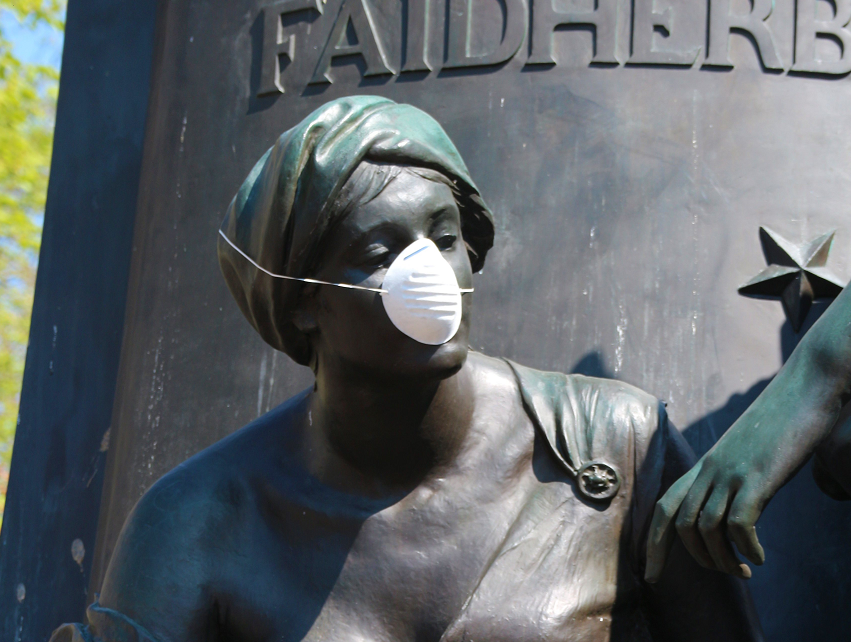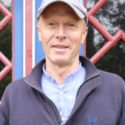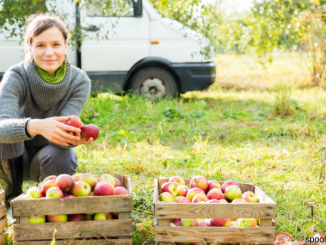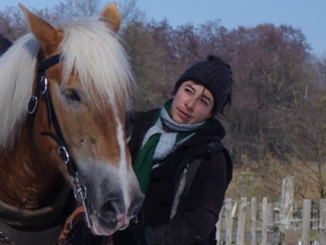
It’s Friday morning as I write this – I cannot remember our street ever so calm. But the city is not dead. People are very disciplined, lining up with 3 m distance in long ques at the supermarket. Inside they have to keep 4m distance from each other. People over 65 have the first hour in the morning, so as to be as safe as can when leaving their house. Brussels is in the grip of the virus, as most European cities.
In our part of the street, some 100 meters, live 21 nationalities – we counted that at our last summer street festival, sharing food from across the world. Now we share our songs at 8 pm from our balconies, giving applause to the doctors and nurses trying to save lives. We are all Italians at this moment. We know we are just at the beginning of a huge challenge. We have no idea what is still to come. We are disciplined, we communicate through web and phone. We take care for others where we can.
Where is Europe in all this? All EU Institutions are shut down for over a week now. No meetings at all until a new order is established. Home offices for the staff, with just the very top level meetings via video conferences. News comes from the national capitals, almost all about closing something: borders, airports, schools, universities, anything where people could get together. It all seems reasonable given the rate of infections. Europe takes distance.
What is worrying is the tone in many national media that the problem lies on the other side of the border, the blame game and our people first attitude. It is not new, just worse. Our European societies now experience extreme vulnerability and insecurity in all spheres of life. And the first reflex of most governments is to shut down borders against neighbors. The virus does not respect that. It arrives a few weeks later with the same effect everywhere. If we do not live European solidarity now and after corona there will be no European project left. It will take more than billions to save the economy.
We at ARC and Forum Synergies, our partners and friends, wish to offer a place for keeping in touch and live the European spirit and solidarity in practical terms. We will collect and share your ideas and practices for these new and troubled times. And we will keep pressing for the policy shift needed when we can stretch out again into post corona times. Climate change and biodiversity loss goes on. It does not wait until we have settled our battle with the virus.
Shipping news from China suggests that cargo is almost back to pre- corona levels, and the government is loosening environmental rules to catch up with former growth. We hear that the Green deal and other environmental rules should also be softened to allow our economies to catch up. With what? Our governments currently promise to save their companies and people first in order to avoid total chaos and despair. But without new rules and principles for saving our economies, including resilient farming and food systems, there will be even more insecurity and vulnerability not only for the elder population.
Our editor Oliver Moore has more on this, in a long read which references many of the approaches and strategies people have used or suggested in recent times, to manage the coming era. Take you time, have a read, there’s plenty in there!
ARC wants to keep our and your minds open for what we can do together in Europe. We will exchange whatever it takes on our website and via social media.
We prepare for a participative video conference, on future farming, rural development and food policies. We hope to set it up in April, if the virus allows us. We had started a European process of debate in January this year on the future of rural Europe with Dacian Ciolos, former Commissioner for Agriculture and other high level EU participants. We hope to be able to have them gathered again with civil society to look into the steps needed to catch up with realities. We will try to include a wide range of civil society including our European neighbors not yet or not more being part of a Union. We need to get much closer in times of too much distance.
These calm days my wife and I have our hands in the ground in our garden in the heart of Brussels. We have seeds from across Europe which I gathered from the many meetings with European seed savers and gardener friends. This is the moment of applause to them!
I am grateful of having this privilege and it will be a pleasure to share what will grow at our street festival in summer. We cannot feed ourselves here but we may share what nature gives us, just as we share our songs this evening at 8 on the balcony.
More





